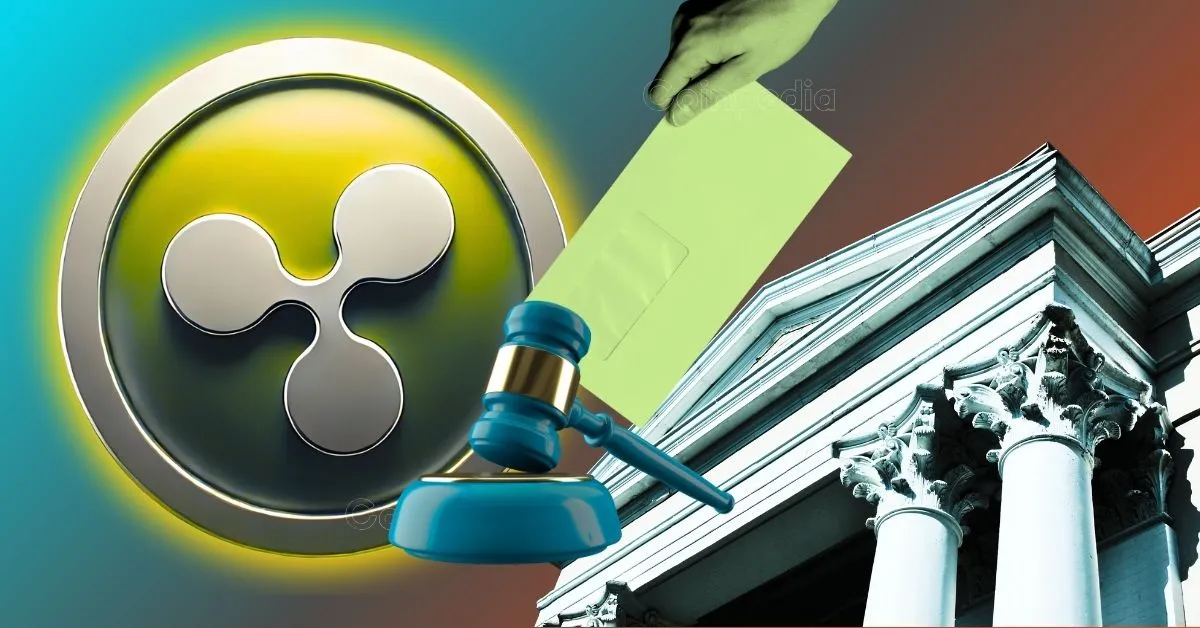
Ripple’s Chief Legal Officer, Stuart Alderoty, took to X (formerly Twitter) today to share that Ripple has sent an additional letter to the U.S. SEC’s Crypto Task Force. The letter responds to a recent speech by SEC Commissioner Hester Peirce titled “New Paradigm,” where she raised an important question: When does a cryptocurrency stop being part of an investment contract and become just a digital asset?
In their letter, Ripple thanked the SEC team for meeting with them on May 20, 2025, and offered further thoughts on the issue. Ripple argued that most cryptocurrencies traded today are not securities. They pointed to legal analysis from Lewis Cohen and others, which says that when crypto tokens are sold in secondary markets — like exchanges — they usually don’t meet the legal definition of a security.
Ripple also opened up about last year’s court ruling by Judge Torres in the SEC’s lawsuit against Ripple. The judge decided that while some of Ripple’s early XRP sales to big investors counted as investment contracts, the XRP token itself is not a security when sold in secondary markets.
Ripple acknowledged the SEC’s concern about bad actors misusing crypto markets but said it’s up to Congress, not the SEC, to change the laws. They warned against vague rules like deciding if a token is “fully functional” or “sufficiently decentralized”, as these can confuse the market.
Instead, Ripple suggested a clearer legal framework. For example, if a crypto token was once sold as part of an investment contract, it should be considered separate from that contract when:
Ripple also proposed a safe harbor rule to protect honest crypto projects that are still developing, helping them avoid legal risks while following clear guidelines.
Additionally, Ripple recommended using the maturity of a crypto network — how big and established it is — rather than vague ideas like decentralization, to decide whether it should still be regulated as a security. They suggested that tokens on open, permissionless networks with a large market value, operational for years, and without one party having control, should no longer fall under securities laws.
Ripple argues the SEC is overstepping by attempting to create new crypto rules unilaterally, asserting that such regulatory clarity should come from Congress.
Ripple warned that vague tests like “decentralization” confuse markets and called for clearer, measurable criteria.
Meme coins like PENGU, BONK, FLOKI, and DOGE are showing critical technical patterns that could…
The fight over U.S. interest rates is heating up. With inflation concerns and economic uncertainty…
In Brief: The AI crypto sector is leading the market with a +111.82% rise in…
The Philippines has taken a major step forward in its digital transformation, launching a new…
Grayscale has introduced the Grayscale Story Trust, giving investors direct access to the native IP…
As the crypto market experiences its usual rotation cycles, one pattern is becoming increasingly evident—investors…